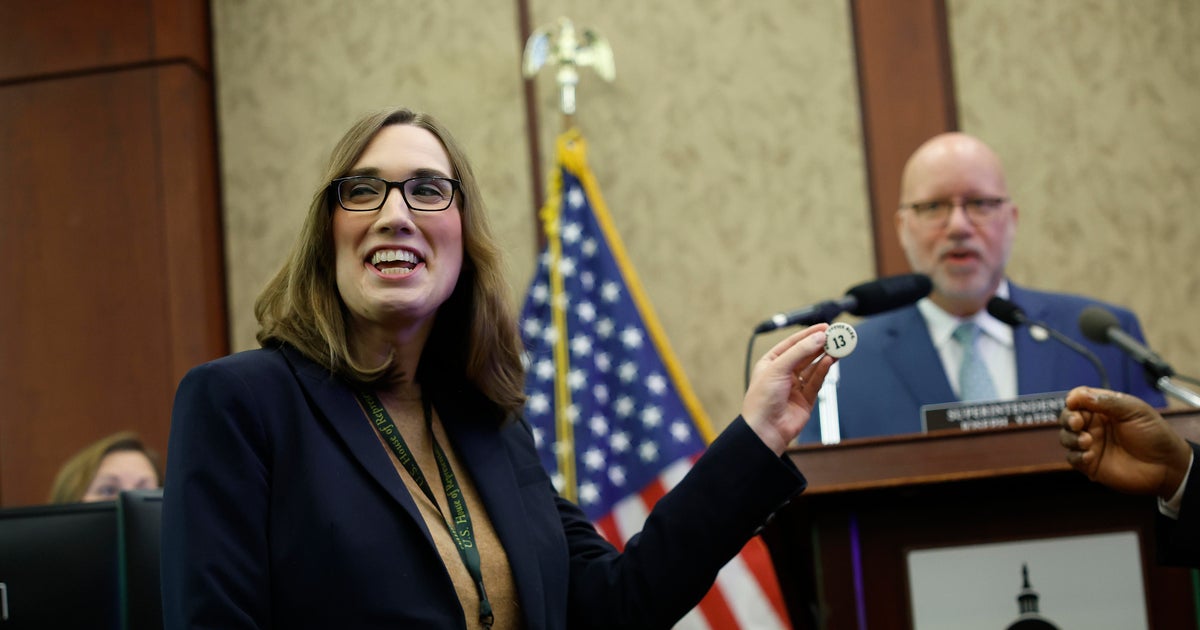White House chief of staff Ron Klain on COVID-19 relief and vaccine rollout
White House chief of staff Ron Klain dismissed concerns that President Joe Biden's proposed $1.9 trillion coronavirus relief bill is dead in the water. Some Republicans have balked at the price tag as Democrats consider other ways to pass the legislation without Republican support.
"It's hardly dead in the water," Klain told "CBS Evening News" anchor and managing editor Norah O'Donnell on Thursday. "I think it's gaining a lot of momentum on Capitol Hill. I think you'll see action in the House on it, the first parts of it starting next — the first phases of the legislative process starting next week."
Congress passed a $900 billion bill in late December that provided $600 stimulus checks to Americans. The checks fell short of the $2,000 that Democrats and some Republicans supported.
Included in Mr. Biden's plan is a proposed $15-an-hour federal minimum wage hike, which Republicans oppose. Klain said it's included in the proposal because essential workers are risking their lives and deserve to earn a living wage.
"It's great that people bang pots and pans for essential workers. We shouldn't just praise them, we should pay them. There are people risking their lives right now to deliver groceries, to stock shelves, to deliver packages to people's houses," he said.
"We have an economic crisis in this country," he continued. "Those people, people working hard, putting their lives on the line, should be able to work for 40 hours a week and not be in poverty."
Klain also said the Biden administration has invoked the Defense Production Act to speed up the production of N95 masks and to produce special syringes that will increase the supply of the coronavirus vaccine by squeezing another dose out of the vials. Having the high-filtration masks is "especially important as this new variant begins to spread in the country — during March and beyond that," Klain said. Mr. Biden has encouraged mask-wearing for his first 100 days in office and has required them on federal property, planes, trains, buses and at airports.
The administration is also working with vaccine companies to ramp up production, but Klain called it a "slow process."
"FEMA is working with the Department of Defense to use 10,000 troops and open up 100 centers around the country to increase the availability of the vaccinations," he said. "But the production of the factories where the vaccine is made, that is a limiting factor that we're just gonna have to continue to work through each week."
Another challenge the Biden administration faces is reopening schools. The Centers for Disease Control and Prevention recently said there's little evidence of transmission in schools if precautions are followed. Those precautions include wearing face masks, social distancing and increased room ventilation.
"It's important not just to open schools, but to keep them open. I think one of the most frustrating things to parents has been the yo-yoing of schools open, schools closed," Klain said.



